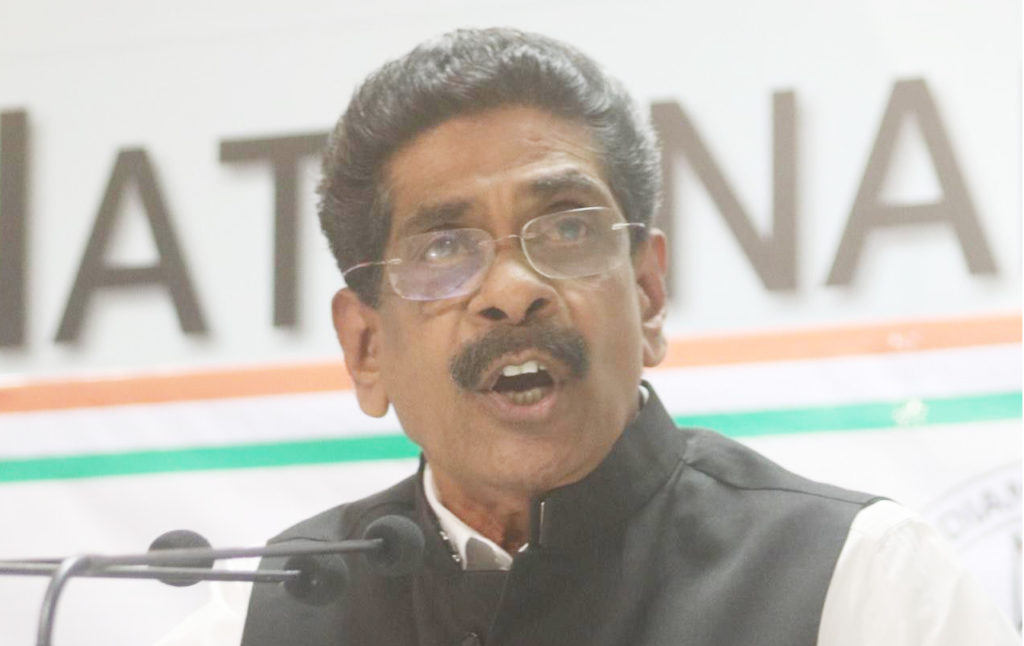The newly elected KPCC Chief Mullappalli Ramanchandran wonders how bureaucrats, working as administrators in 14 District Central Cooperative Banks in Kerala can decide about the merger of co-op banks. Also, who are they to surrender the hard-earned license of DCCBs? asks Mullappalli.
“This is a major decision which only democratically elected bodies can take”, he underlines. Mullappalli was reacting to the proposed go-ahead signal received by the Kerala govt from RBI allowing merger of 14 DCCBs into an apex body called Kerala Co-operative Bank or simply Kerala Bank.
Co-operation as per the covenants of the Indian constitution is a democratic subject and now the state government has encroached upon the same since it is only the bureaucrats as administrators and not democratically elected bodies who are deciding their future, Mullappalli stresses.
Since the government intends dissolving all 14 DCCBs through an ordinance immediately after getting approval from RBI for merger, we request the voice of members even the general body of each DCCBs be heard before according sanction for the merger, he argues.
Mullappalli also cautions the RBI that the financial particulars submitted by the Kerala State co-operative bank is totally fabricated and the operative profit arrived is concocted. The net loss of Kerala State cooperative bank is still around 200 crore. The Thiruvananthapuram DCCB is also weighed down by a net loss of more than 493 crore.
“The merger of the remaining 13 DCCBs with the weak, mismanaged Kerala State Cooperative Bank and the Thiruvananthapuram DCCB will result in total chaos for the sector. The capital infusion assured by the State Government for the merged entity may not be possible in the present difficult situation faced by the state following natural calamities. The proposed project is estimated to cost the state a whopping Rs. 5000 crore- it cannot be afforded at this juncture”, Mullappalli underlines.
Nine out of the 14 DCCBs in the state have declared dividends ranging from 10 to 18% last year. This implies a favourable return on shares to member societies by DCCBs. The merger must make sure that the interest of the members are upheld post-merger which seems to be a distant reality, he says.
Also, some writ petitions filed by member societies against the merger is pending before the High Court of Kerala of which Reserve Bank of India is one of the respondents. It would only be fair to take a decision on the issue after the pronouncement of judgement by high court, says Mullappalli.
